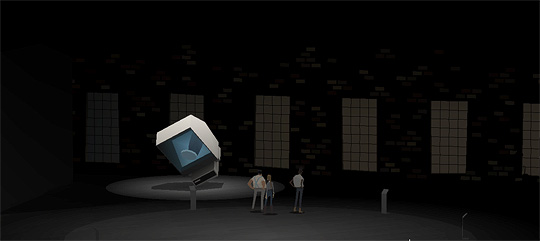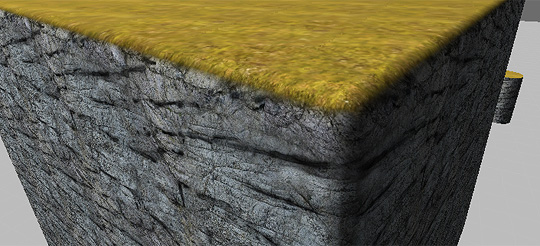
This is a sort-of-review about Limits and Demonstrations, by Jake Elliott and Tamas Kemenczy. It gets just a little spoiler-y, but not in a way that'd seriously compromise your enjoyment.
Most people play chess with pieces and a board, but to many players that's not the actual game -- it's just a mnemonic aid, a thing that keeps track of chesspiece locations so you don't have to remember where your rook is. The people who live and breathe chess, however, can play chess just by reading chess notation in a book, which is to say that the game takes place entirely in their minds. This is more or less what happens when you lose a heated multiplayer match of Starcraft and agonize over what you could've should've didn't do, and wonder what alternate paths you might've taken. Likewise, I'd imagine the most skilled Starcraft players can play Starcraft entirely in their minds.
It's not just in games either: Beethoven was deaf but he could imagine the notes and harmonies so well that it didn't matter, and a Chinese concert pianist was jailed for 6 years but stayed skilled by "practicing in his head."
But I think game designers, designing games directly as a form of conceptual art, is still a relatively new thing.



